Typically, a weekly Thumbelina box will feed two people for 3-4 meals if supplemented with other proteins. It will include 5-6 different greens or vegetables, a couple of different fruits, maybe some dried goods, a half-dozen eggs and a beautiful bouquet of mixed fresh-cut flowers. A loaf of artisanal bread will be included every other week.
A June box might include: Asparagus, Radishes, Watercress, Green Garlic, Baby Greens Salad mix, Popcorn, Strawberries, Rhubarb, Eggs and a bouquet of Peonies and Wildflowers;
A July box might include: Cucumbers, Snap Peas, Beans, Fingerling Potatoes, Baby Squash, Pecans, Blueberries, Cherries, Eggs and a bouquet of Snapdragons, Stock and Sunflower;
An August box might include: Heirloom Tomatoes, Beets, Carrots, Eggplant, Bell Peppers, Sweet Corn, Peaches, Plums, Eggs and a bouquet of multicolored Zinnias;
A September box might include: Sweet Potatoes, Melons, Cipollini Onions, Celeriac, Hard Squash, Shell Beans, Apples, Grapes, Eggs and a bouquet of Lilies and Dahlias.
As weekly boxes reflect the growing seasons and conditions, farms cannot guarantee any specific item’s availability at any time. Mother Nature is always in charge! Likewise, as in life, oftentimes products may be imperfect, but they’ll always taste delicious.
Due to the nature of CSAs and farmers’ work, we will not be able to accommodate omissions or substitutions based on tastes or allergies. That’s truly one of the beauties of the CSA model: it encourages people to learn how to treat, eat and enjoy unfamiliar and novel products!
SPECIFICS, LOGISTICS and LIMITATIONS
- The season runs 18 consecutive Thursdays, beginning June 3rd and ending with the last pick-up on Thursday September 30.
- This CSA is pick-up only, and limited to a single location in central Evanston. There is no delivery option. Again: Evanston pick-up ONLY.
- The cost is $45/wk (+IL tax), or $810+tax for the full season. Only FULL shares are available, no partial or limited shares.
- Payment for the entire season is due upon signing up. We understand this is a big ask, but the CSA model is predicated on providing much-needed cash for farms before harvesting season begins. Their cash flow is challenging when many of the annual costs have already been “sunk” into seeds and the labor needed to start, sow, maintain, and oversee care of the products. This past year has continued to be especially challenging in that regard, considering much of farmers’ income from restaurants and institutions is just now beginning to come back. It is precisely for this reason that Thumbelina CSA came into existence. And the weekly $45 cost per box remains an exceptional value in any year, considering the quality and provenance of its contents.
- Pick-up availability will be between 1PM-6PM each week.
- Membership for the season is limited. Please sign up soon to be sure to reserve a share!

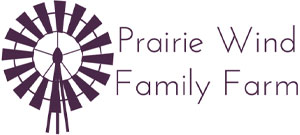
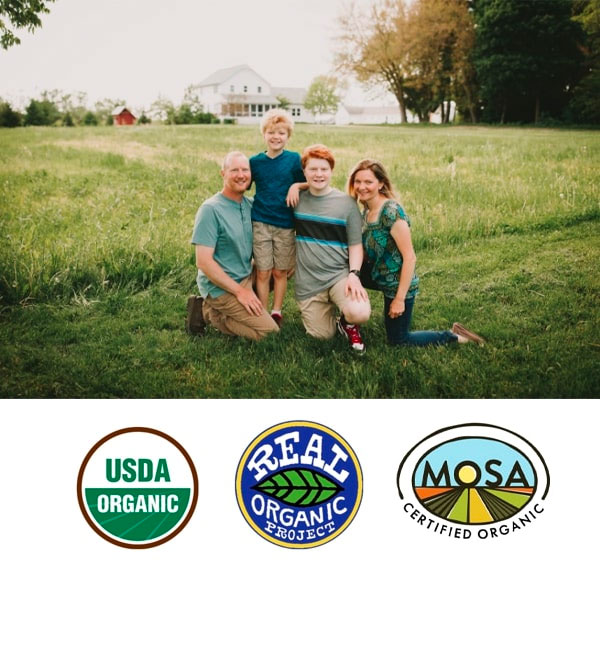
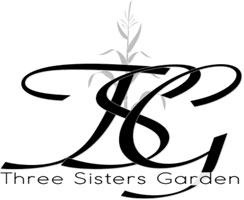
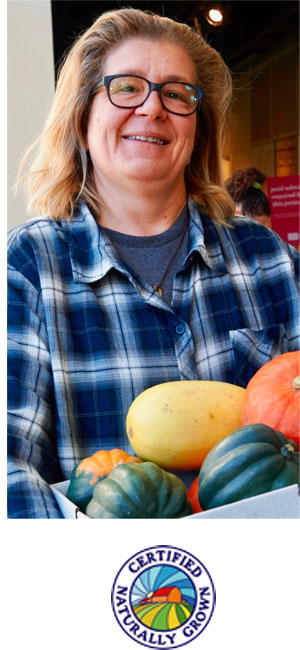
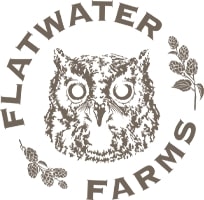
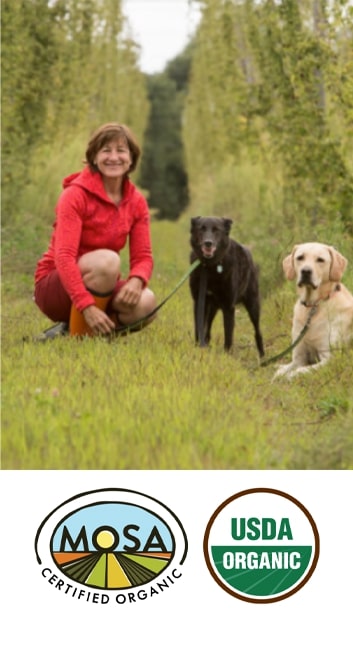
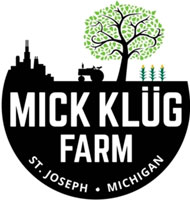
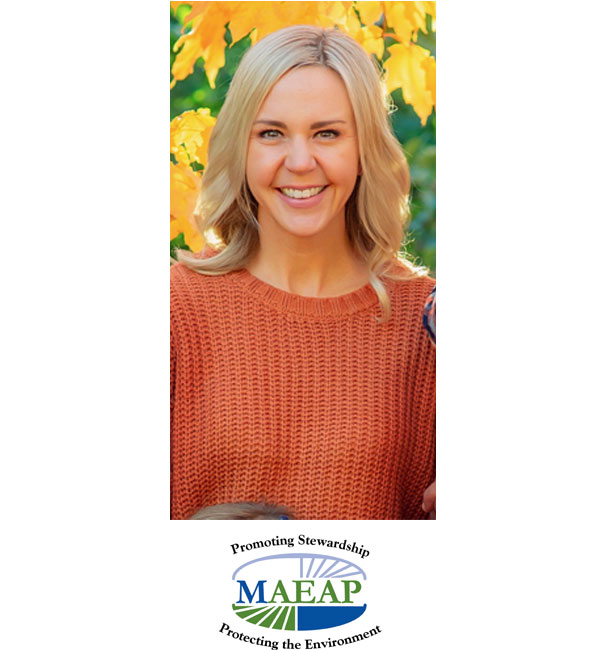

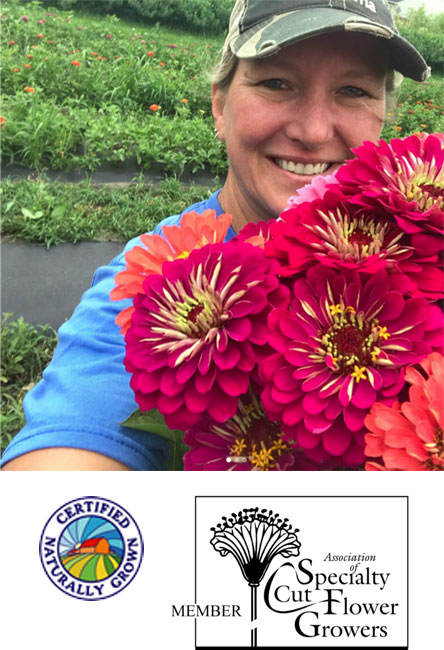
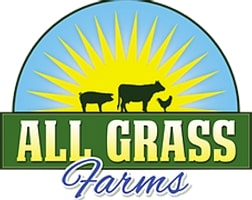
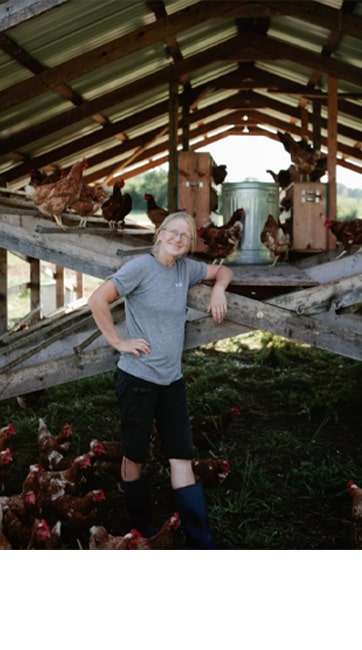
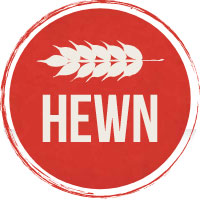
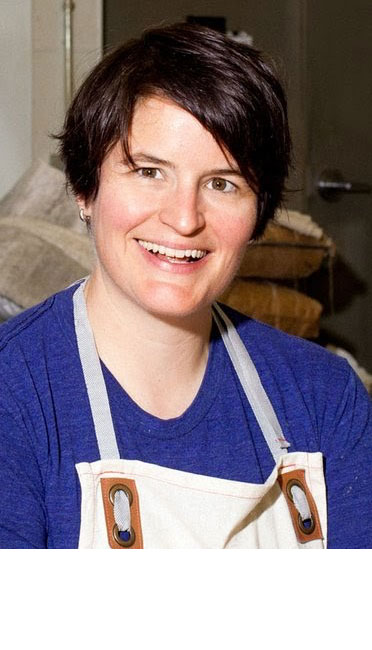
 What is a CSA?
What is a CSA?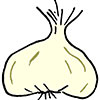 Is it safe?
Is it safe? What if I miss my pick-up or can’t make the pick-up window?
What if I miss my pick-up or can’t make the pick-up window?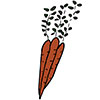 What if I’m planning to be out of town? Can someone else pick-up my box?
What if I’m planning to be out of town? Can someone else pick-up my box?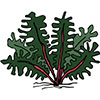 Can I buy extra product from the farms?
Can I buy extra product from the farms? I don’t like zucchini or know what to do with celeriac. Do I have options?
I don’t like zucchini or know what to do with celeriac. Do I have options?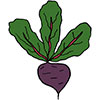 Will I know ahead of time what’ll be in my box?
Will I know ahead of time what’ll be in my box?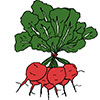 Can we recycle our boxes?
Can we recycle our boxes?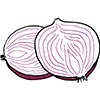 Can I share with someone?
Can I share with someone?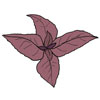 Is there another pick-up spot in Chicago?
Is there another pick-up spot in Chicago?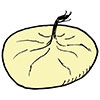 Why “Thumbelina”?
Why “Thumbelina”?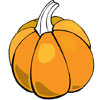 Who’s behind this?
Who’s behind this?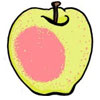 Where’s the money going?
Where’s the money going?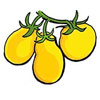 Is there an opportunity to make a supplemental donation to the farmers?
Is there an opportunity to make a supplemental donation to the farmers?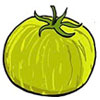 Why do I have to pay up-front? Can I pay in installments?
Why do I have to pay up-front? Can I pay in installments?